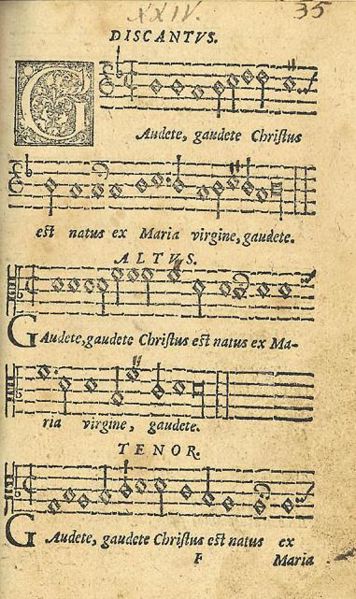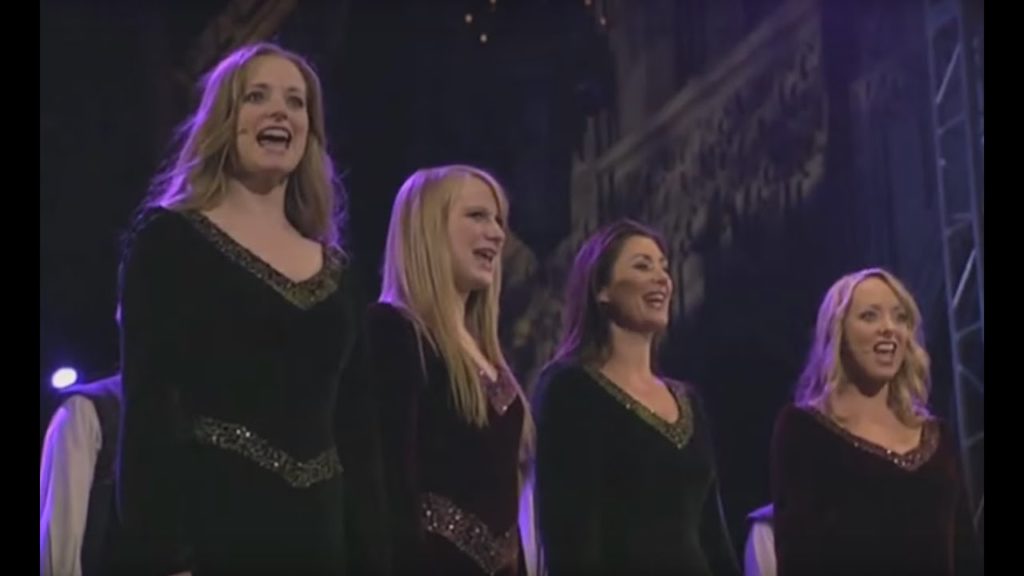
If your Advent wreath has the traditional set of three purple candles plus one rose, then light that rose candle today! We’ve arrived at the third Sunday of Advent. Whoosh, that went quickly, yes?
Advent’s third Sunday, known as Rejoicing Sunday, occurs between December 11th and 17th and announces a day of rejoicing. In Western Christian liturgies, it is proclaimed by this opening verse:
Rejoice in the Lord always; again I say, rejoice. — Philippians 4:4
Readings for this power-packed Sunday also include a famous text from Isaiah:
Then the eyes of the blind shall be opened,
and the ears of the deaf unstopped;
then shall the lame man leap like a hart,
and the tongue of the dumb sing for joy.
For waters shall break forth in the wilderness,
and streams in the desert; — Isaiah 35: 5-6
As well as these exuberant words:
And the ransomed of the Lord shall return,
and come to Zion with singing;
everlasting joy shall be upon their heads;
they shall obtain joy and gladness,
and sorrow and sighing shall flee away. — Isaiah 35:10
But within of all the joyous texts for this Sunday, the words Gaudete Christus est natus (Rejoice, Christ is born) captivate me most. It is from these words, and the Latin verb gaudere (to rejoice), that we name this third Sunday of Advent “Gaudete Sunday.”
The principal chant melody associated with this text appeared in a marvelous three-part setting in a book of carols Piæ Cantiones published in 1582. Hank and I discovered the setting back in 2008 when our little choral group, composed of ranchers and townspeople in Bowie, Texas combined to present our first Festival of Lessons and Carols.
We called our chorus “The OK Chorale” because we sang pretty okay, not to mention we couldn’t resist the word play with corral. Our rendition of Gaudete Christus est natus was robust: we added finger bells and a tambourine and practically belted it out. We couldn’t get enough of it.
What I did not realize, though, is how popular the tune had become with modern artists. A version hit the radio waves in 1973 when a English group called Steeleye Span brought it to the top of the charts (one of few a cappella songs to be a hit). Artists thereafter picked it up in a surprising variety of styles. But I knew nothing about this and had it pigeon-holed in the category of “old music.”
Then, two weeks ago when preparing a lecture for our Smithsonian Journeys’ Holiday Market tour entitled Advent: Music, Art, Traditions, I stumbled across a dynamic setting of Gaudete by a group of Irish choristers called Anúna. I was super-proud of myself for finding such an “obscure” modern rendition . . .
. . . until, after the talk when several folks came up and expressed how cool it was that I had featured their favorite vocal group for my snippet of Gaudete.
“Oh Carol,” I sighed inside. “Do catch up with the world!”
This group that “everybody” knew but me has become my new favorite singers. They were founded by Irish composer Michael McGlynn in 1987 under the name “An Uaithne.” McGlynn has sought to revitalize ancient Celtic sounds through a contemporary musical vocabulary. Along they way, their striking blend of classical and folk-style voices resulted in recordings that have won every award available. Anúna also figured into the highly popular phenomenon known as River Dance.
My journey to Anúna through their marvelous rendition of Gaudete represents precisely the kind of discovery that Advent affords . . . if, when, as we can devote time to discovery. Even a brief digging into unfamiliar traditions—liturgical, literary, artistic, culinary, and physically (such as Advent candles or colors)—rewards exponentially. And these discoveries help us resist the emotional blowout otherwise known as “commercialized Christmas” that threatens to burn up the intimate beauties of the Nativity.
Today, all we have to do is rejoice. And luxuriate in the astoundingly hopeful readings designated this Sunday, where the eyes of the blind are opened and we can rejoice in the coming of Christ. May the exuberance of Anúna’s voices add to your joy today.




